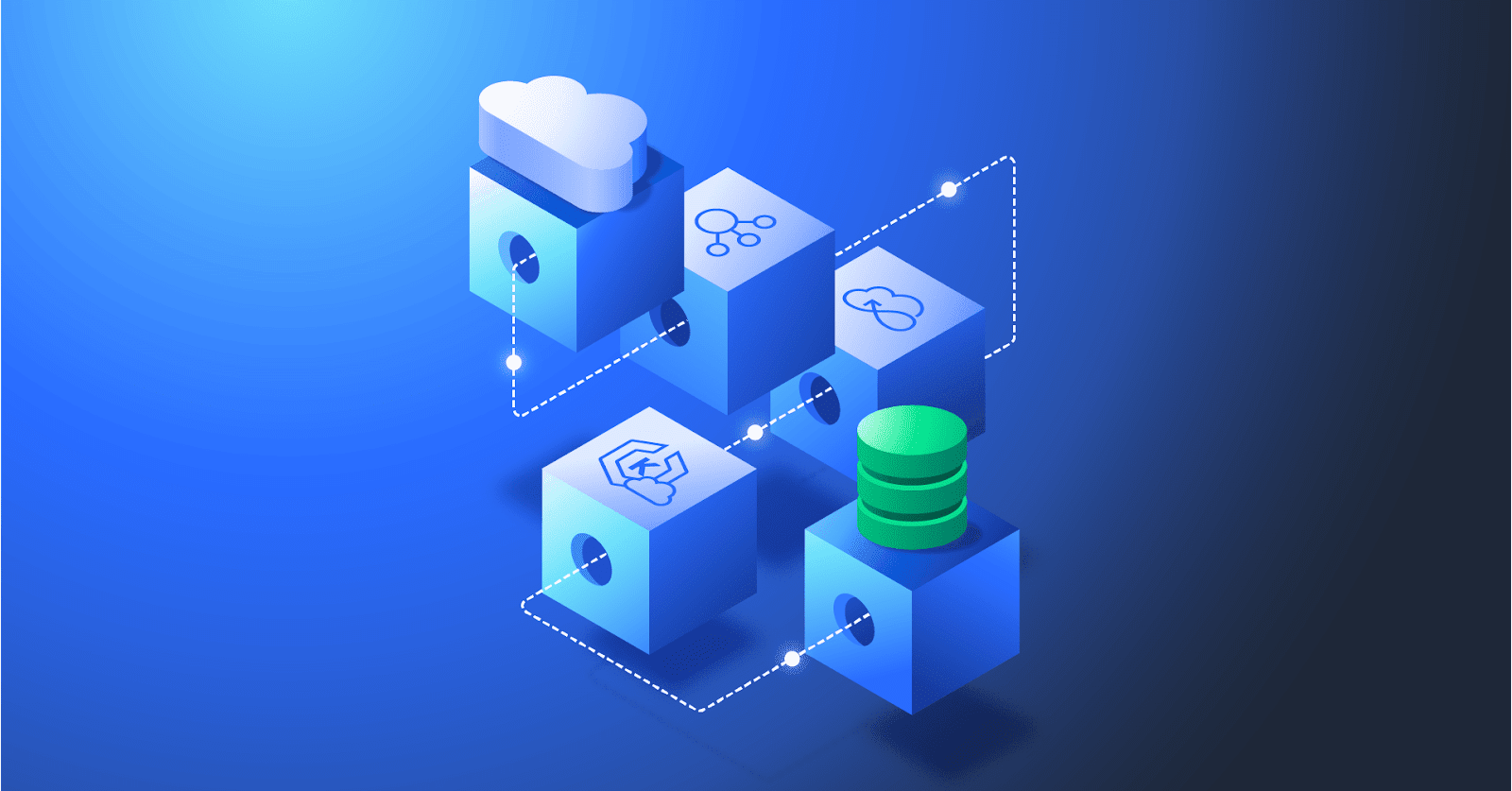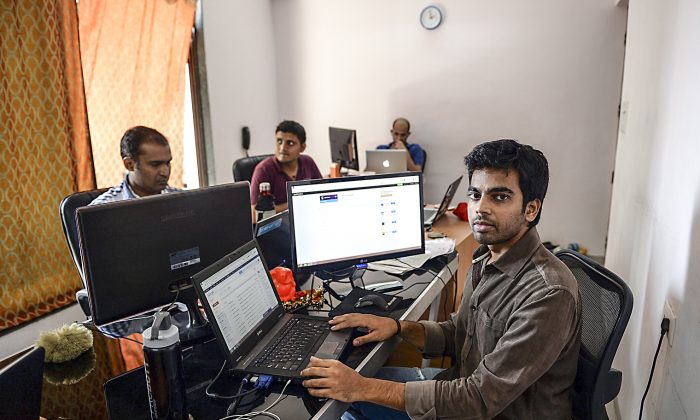Who is a Data Architect?
A Data Architect is an individual who plans and executes data management solutions. Their responsibilities encompass designing, developing, implementing, and maintaining an organization’s data assets. They guarantee appropriate resource allocation for each project to optimize efficiency and achieve the desired outcomes.
The responsibilities of a Data Architect include:
Designing enterprise-wide information systems that support current business needs by integrating various applications into one cohesive system;
Creating new databases or updating existing ones;
Defining tables, columns and relationships between them;
Planning appropriate levels of redundancy within the database architecture so that there is no loss of data due to hardware failure or human error (e.g., deleting rows).
What Does a Data Architect Do?
A data architect is responsible for the design and implementation of a database. The role of a data architect extends beyond designing the database structure and its physical attributes, as they must also ensure that it meets all business requirements.
The data architect will work with both technical and non-technical staff to ensure that their vision for the database is aligned with what is needed for their organization’s needs. In addition to creating logical designs, they will also create physical schemas that allow for scalability and extensibility over time.
The data architect will work with the systems development team to ensure that they have all of the necessary components in place to implement their designs. This includes creating user documentation, testing procedures, and training materials. The data architect will also manage the database’s ongoing maintenance and administration — ensuring that it continues to meet business needs as they change over time.
What are the Responsibilities of a Data Architect?
A data architect holds the responsibility of creating, developing, and implementing data-centric solutions. Throughout an organization’s business intelligence process, the data architect is engaged in understanding the organization’s requirements and objectives, designing tailored solutions, and overseeing deployment, maintenance, and enhancements.
Moreover, data architects are accountable for devising a robust architecture strategy before embarking on projects involving big data analytics or machine learning (ML). They ensure the availability of adequate system capacity and infrastructure to support these technologies. If required, they recommend necessary changes to facilitate seamless integration in the future.
Typically, data architects oversee a company’s Information Technology department, but they may also function as consultants for businesses seeking guidance in their data initiatives. Collaboration with business intelligence (BI) specialists, database administrators (DBAs), software engineers, and other stakeholders involved in applications using big data analytics or ML is a common aspect of their role.
What Skills Does a Data Architect Need to Possess?
Data architects are responsible for designing, developing and implementing data solutions to meet business goals. Data modeling is another important skill because it involves creating conceptual models for data sets including their structure, security and accessibility.
A good data architect must also understand how cloud computing works so that they can make sure their databases are secure enough for storing sensitive information online. They should also know how business intelligence (BI) tools work so they can integrate them into your organization’s existing BI system or create one from scratch if necessary. Finally, it’s helpful if you have some knowledge about analytics software such as Tableau or Power BI because these programs allow users access different types of visualizations based on their access privilegesand the data they want to analyze.
Demand for Data Solutions: Reasons to Hire Big Data Architects
Big Data Developers play a critical role in designing, implementing, and maintaining data-driven systems that can handle vast volumes of information. Here are some compelling reasons why hire Big Data Architects is essential for staying ahead in the data-driven landscape:
Data Management Expertise: Big Data Developers possess a deep understanding of data management and analysis techniques. They can help businesses structure and optimize their data infrastructure, ensuring seamless data integration, storage, and retrieval.
Extracting Actionable Insights: With vast amounts of data available, the challenge lies in extracting valuable insights.
Scalability and Performance: As data volumes continue to grow exponentially, businesses require scalable and high-performance data solutions. Big Data Developers can design systems that can handle large datasets efficiently, ensuring smooth operations even as data expands.
Real-time Data Processing: In our rapidly changing world, real-time data processing plays a vital role. Big Data Developers have the expertise to construct real-time data pipelines that capture, process, and analyze data instantly, providing immediate responses and valuable insights.
Data Security and Privacy. Big Data Developers are well-versed in implementing robust security measures to protect sensitive data, ensuring compliance with data protection regulations.
Cost Efficiency: Hire Big Data Architects can lead to cost savings in the long run. By optimizing data processes and making better use of data, businesses can identify opportunities to streamline operations and improve efficiency.
Competitive Advantage: Embracing Big Data solutions can give businesses a significant competitive advantage. Big Data Developers can help companies leverage data-driven insights to enhance products, services, and customer experiences, setting them apart from competitors.
The Most Popular Technologies for Big Data Development
These technologies offer the scalability, speed, and analytical power necessary to process and analyze vast amounts of information.
Apache Hadoop. It is an open-source framework that allows for distributed storage and processing of large datasets across clusters of computers. Hadoop’s MapReduce programming model enables parallel data processing, making it ideal for handling massive datasets.
Apache Spark: Apache Spark is another widely-used Big Data technology known for its speed and ease of use. It is an open-source data processing engine that supports in-memory data processing, allowing for real-time data analysis and faster execution of tasks compared to Hadoop.
Apache Kafka: Apache Kafka is a distributed streaming platform that excels at handling real-time data streams. It is widely used for building data pipelines, event-driven architectures, and data streaming applications.
NoSQL Databases: The rising popularity of NoSQL databases like MongoDB and Cassandra in Big Data development is attributed to their capacity to effectively manage unstructured and semi-structured data. They offer flexible data models, high scalability, and horizontal partitioning, making them suitable for handling large volumes of diverse data.
Apache Flink: Apache Flink is a powerful stream processing framework designed for real-time data analytics. It supports both stream and batch processing, enabling businesses to analyze data as it arrives.
Apache Hive: Apache Hive is a data warehousing and SQL-like querying tool built on top of Hadoop. It allows data analysts and developers to write SQL queries to analyze large datasets, making it more accessible for those familiar with traditional SQL databases.
TensorFlow. While primarily known for its applications in machine learning, it is increasingly used in Big Data development to process and analyze data, especially in the context of deep learning.
Apache Cassandra: Apache Cassandra is a distributed database management system designed to handle large amounts of data with high availability and fault tolerance. It is well-suited for use cases that require low-latency data access.
Interview Questions to Ask when Looking for Big Data Developers for Hire
When looking to hire big data architects, you want to make sure that they are the right fit for your company. Here are some questions to ask during an interview:
What is the most important skill for a data architect?
How do I find a good data architect?
What’s the difference between a data scientist and an architect?
What is the most important skill for a data architect?
The answers will help you determine whether or not this candidate is going to be able to handle all of your needs in terms of Big Data development and management.
Can you provide examples of projects where you have successfully handled and processed large-scale datasets using Big Data technologies?
How familiar are you with distributed computing frameworks such as Apache Hadoop and Apache Spark, and how have you utilized them in your previous projects?
Describe your experience in designing and implementing data pipelines for real-time data streaming and batch processing. Which technologies have you used for these purposes?
Have you worked with NoSQL databases like MongoDB or Cassandra? If so, can you explain how you have used them to handle unstructured data?
How do you ensure data security and privacy while working with sensitive data in a Big Data environment?
Can you share your approach to optimizing data processing and analysis to ensure high performance and scalability?
In your previous projects, how have you integrated machine learning algorithms with Big Data technologies to derive valuable insights from data?
Describe your experience with data visualization tools and techniques for presenting Big Data analysis results to stakeholders.
How do you stay updated with the latest advancements and trends in Big Data technologies?
Have you worked on cloud-based Big Data solutions? If so, which cloud platforms have you used, and what are the benefits and challenges you’ve encountered?
How do you handle data governance and compliance issues when dealing with sensitive data in a Big Data environment?
Can you walk us through your process of identifying and assessing potential risks associated with Big Data projects, and how you mitigate them?
How do you prioritize and manage multiple Big Data projects simultaneously, ensuring timely delivery and quality output?
Do you have experience working with real-time data processing systems like Apache Kafka, and can you explain how you have utilized them in previous projects?
How do you approach data modeling and schema design in Big Data systems to ensure flexibility and adaptability to evolving business needs?
Can you provide an example of a successful data-driven decision-making process you’ve contributed to in a previous role, and how your insights impacted the outcome?
Describe your experience in working with Big Data technologies to support data-driven business intelligence and analytics initiatives.
These questions can help assess the skills, experience, and approach of potential Big Data developers, ensuring that you find the best fit for your organization’s Big Data development needs. Questions
Common Mistakes When Hiring a Big Data Architects
The process of hire Big Data architects can be a challenge, and even more so if you’re not aware of the common mistakes that can happen during this process. Here are some tips on how to avoid these mistakes:
Hiring the wrong person – It’s important that you hire someone who has the right skillset, experience and personality for your company. If an applicant doesn’t fit into your team culture or is unable to communicate effectively with others in their role as Big Data Architect at your company, then it might not work out in the long run. The best way to avoid this mistake is by having clear job descriptions outlining what duties will be expected from candidates during interviews and on a day-to-day basis at work. This way there won’t be any surprises later down the road when they start working together!
Not asking questions – When interviewing potential candidates make sure they understand exactly what type(s) data needs processed before making any decisions about hiring them based solely on their resume alone.”
Candidates may have the right experience, but if they don’t have the skillset required to do a particular job then it’s best to not hire them. Don’t be afraid to ask questions about how they would approach certain situations and what their past experiences have taught them about working with data and Big Data Architect jobs.
Summary
So, if you’re looking to hire big data architects or developer, we hope this article has given you some insight into what skills and experience they should possess. Remember that it’s important to hire someone who not only has the right qualifications but also has an understanding of your business needs and goals. In addition, remember that hiring someone who is too senior could be costly as they might demand higher salaries than their junior counterparts!


